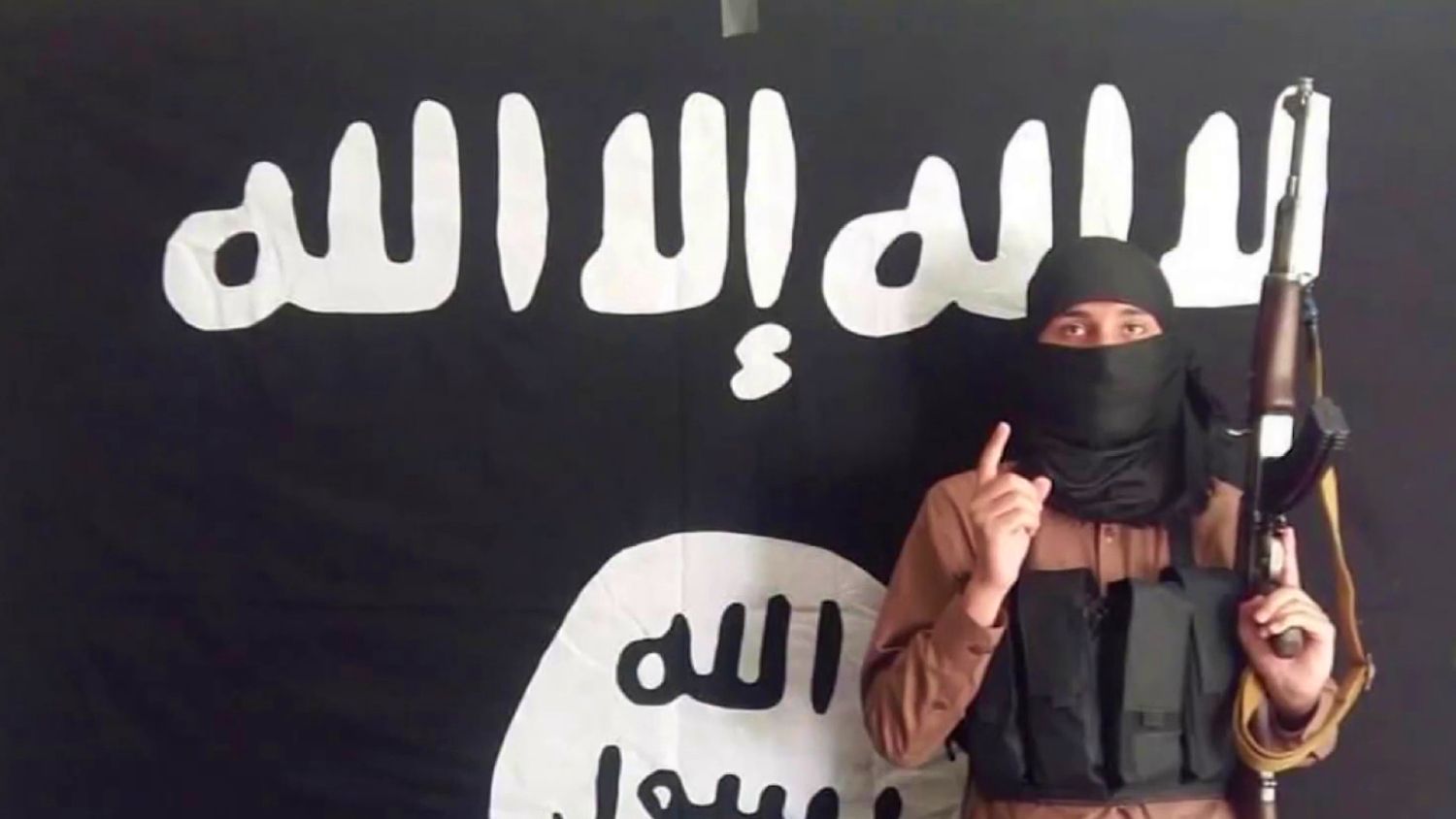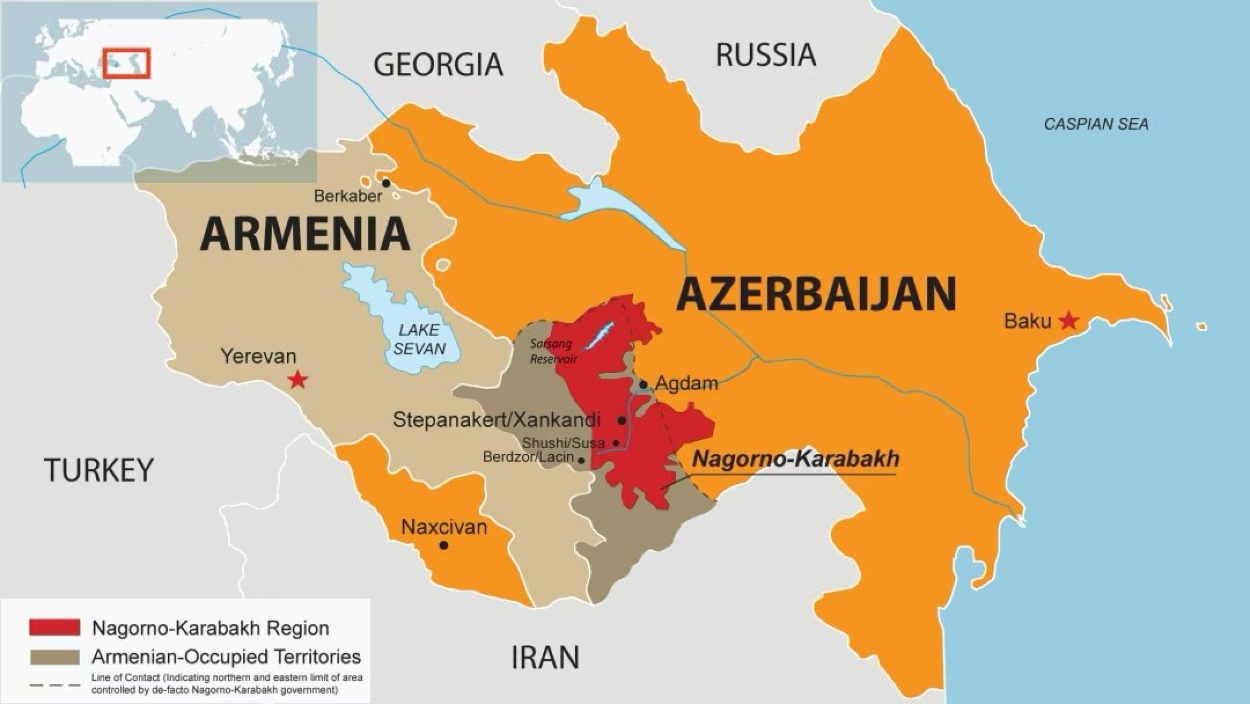The Taliban in Afghanistan detained staffers of a Non-Governmental Organization (NGO) for allegedly “spreading Christianity” last week, even as it released an advertisement promoting tourism, promising they are “no longer capturing tourists for ransom.”
The issue has again brought out the contradictions regarding its ultra-orthodox politico-religious doctrine and the West’s reliance on it for fighting the Islamic State (IS) and curtailing Al Qaeda.
Before the action against the NGO, Western media reported the Taliban’s immense utility against the IS-Khorasan. US officials admitted they periodically shared intelligence with the group. In another landmark development, international organizations also reported the unprecedented crackdown on opium production never before seen in the country.
The developments from the opposite ends of the spectrum mark the dilemma facing international diplomacy over working with the Taliban to address the acute economic condition and stabilize Afghanistan.
Action Driven By Security Concerns?
Reports on September 15 said the group had taken into custody 18 staffers, including a foreigner belonging to the International Assistance Mission (IAM), on two separate occasions this month from the central province of Ghor. Local media, quoting the province’s governor Abdul Wahid Hamas Ghori, said the action was in response to the group allegedly “promoting Christianity.”
Pakistan’s The Express Tribune later said one of the 18 detained was an American woman, and 17 were Afghan nationals, staffers of the NGO. Hamas Ghori later said they had been watching the NGO for a while and acted after obtaining “documents and videos that showed they were inviting people to join Christianity.”
But a day prior, the public relations arm of the Taliban government had also released an advertisement on its handle on X (formerly Twitter), promoting tourism. “Visit the magnificent land of Afghanistan, the real land of the free, home of the brave, unlike the Americans. A rugged country inhabited by muscular men and traditional women. You will be 100% safe since the war is over, and we are no longer capturing tourists for ransom,” said the post.
Visit the magnificent nation of #Afghanistan, the real land of the free and the home of the brave, unlike the Americans.
A rugged country inhabited by muscular men and traditional women. You will be 100% safe since the war is over and we no longer capturing tourists for ransom. pic.twitter.com/NnoCvtDx6g
— Taliban Public Relations Department, Commentary (@TalibanPRD__) September 14, 2023
This move seemed in complete contrast with its action against the IAM, but as subsequent reports suggested, it appeared driven more by an internal security concern. Moreover, it was a detainment and not an arrest, with the only foreign national from the group of 18 being the US woman. The Taliban would be far from harming the US national and would not go beyond deporting her.
Faran Jeffery, deputy director and the head of the South Asia Desk at UK-based think tank Islamic Theology on Counter-Terrorism (ITCT), calls the action against IAM “illegitimate” and driven by “paranoia.”
“There’s a view among Taliban leaders that those working for NGOs are spies. In the latest crackdown against IAM, the Taliban-linked sources seem to believe more or less the same. If the Taliban genuinely believe someone to be a spy, it doesn’t seem likely that they will let the person go very quickly.
“In the case of foreign nationals, the Taliban could later enter into a ransom deal with the government of the hostage. Western governments have already set a bad precedent by paying ransom to the Iranian regime in exchange for Western hostages,” Jeffrey said, speaking to the EurAsian Times.
‘Taliban Are Religiously Inflexible But Diplomatically Pragmatic’
Experts are still divided on recognizing the Islamic Emirate of Afghanistan (IEA) amid an emerging regional view that advocates overlooking the group’s orthodox religious governance for its genuine interest in developing Afghanistan – evident from its diverse and active engagement with Western and Eurasian countries.
The Taliban, which considers itself an interim government unless a formal structure is set up with the various political actors, also calls itself the IEA. It still attaches the “acting” suffix to its ministers in its publicity material, indicating it is open for intra-Afghan talks with other political actors.
Fanatically opposed to foreign interference in Afghan matters, it wishes international engagement only to access international aid or trade and business that would alleviate its economic suffering.
But since coming to power in August 2021, it has busted a few popularly held beliefs, chiefly their relationship with India and Pakistan. First was their consistent outreach to New Delhi, hoping trade ties with the immediate neighborhood would alleviate the country’s economic suffering.
In June 2020, the Russian special envoy to Afghanistan, Zamir Kabulov, said that the “Taliban movement had changed.” This speaks volumes, given the group is officially outlawed in Moscow. Even former Northern Alliance senior commander Atta Mohammed Noor had suggested India engage with the Taliban during his meeting with External Affairs Minister S. Jaishankar in October 2020 in New Delhi.
Kabulov, while recommending India talk directly to the Taliban, had also said the movement’s recent feelers to India is a “strategic” and “not a tactical maneuver,” hinting it might accept Kashmir as India’s internal affair.
This was in line with an emerging regional view, including Russia, China, Iran, Pakistan, and some central Asian countries to overlook the Taliban’s religious dogma over its genuine interest in the country’s development.
So far, no anti-minority actions, chiefly against the Shia Hazara community or the small Sikh population, have been reported. Instead, Afghanistan has faced many attacks from the Islamic State-Khorasan, one of which was targeted at the Sikhs. Neither has any embassy or diplomatic mission been threatened by the Taliban regime.
Jeffery suggests there is a difference between regional countries recognizing the IEA/Taliban and pragmatically working with the group. “There is a genuine fear in most regional capitals that recognition of the Taliban as a legitimate government could backfire in the mid or long term. Thus, short of recognizing the Taliban regime, these governments are willing to collaborate with it on issues of mutual interests.”
The visit by an Indian delegation led by MEA official JP Singh that met the IEA acting foreign minister Amir Khan Muttaqi in June last year would not have happened unless New Delhi saw some sense in the thinking. However, it cannot wholly embrace such diplomacy since it would benefit China and Russia from Washington’s perspective, with whom India shares tight strategic relations.
Not A Pakistan Puppet, Either?
The Taliban also surprised the world by taking on Pakistan militarily, wholly opposed to the “Pakistani puppet” trope that Indian strategists labeled the group. The Indian view was shaped by Islamabad’s practice of supporting non-state terror actors to achieve its foreign policy goals.
But the last two years saw frequent clashes between the Taliban and the Pakistan Army, baring the group’s fierce independence. In fact, with Pakistan in particular, the Durand Line issue unites the entire spectrum of Afghan politics — the Taliban and the former democratic government of Ashraf Ghani and his predecessor, Hamid Karzai.
Kabul has historically declined to recognize the British-drawn border as the international border between Pakistan and Afghanistan. It believes the British unilaterally imposed the line in 1893 and divided ethnic Pashtun families and clans.

IS, Al Qaeda & Opium Buster – Reports
A September 11 statement by Christy Abizaid, the director of the US’s National Counter-terrorism Center (NCTC), said that al Qaeda “is at its historical nadir in Afghanistan, its revival is unlikely (since) has lost target access, leadership talent, group cohesion, rank-and-file commitment, and an accommodating local environment.”
This was the Taliban “living up to its commitment” from “stopping al Qaeda from using Afghanistan as a platform for foreign operations,” wrote David Ignatius in a column for the Washington Post (WaPo). The IS-K, too, has endured a “brutal yet effective campaign” by the Taliban, helped by the “CIA sharing counter-terrorism information.” Ignatius, too, noted the dilemma facing the international view on the Taliban, given its emerging “unlikely role as a counter-terrorism partner.”
On a different note, this is not the first media report revealing secret US tactical cooperation with the Taliban. As far back as March 2020, when the US was still in the country, US Central Command chief General Frank McKenzie told lawmakers about Washington providing “very limited” support to the Taliban to fight the IS in Nangarhar.
Neither is the Taliban’s opposition to the IS-K merely a turf war, but a more significant ideological rivalry between devout Hanafi and Deobandi Islam versus the militant assertion and global power projection of Salafist Wahhabism. Put differently, the Taliban’s interests are Afghan nationalism, tribal, and Pashtun, far from promoting jihadist movements in other countries.
Observers also noted the Taliban’s war against opium production to have been a rousing success after UK-based geospatial firm Alcis pointed to a 99 percent reduction in opium cultivation in the Helmand province. Releasing satellite imagery on June 6 this year, Alcis Holdings identified “different winter crops that were grown this year and in recent years.”
“The Taliban have successfully reduced poppy cultivation by more than 99% in Helmand Province, which previously produced more than 50% of the country’s opium. The reduction scale is unprecedented, with cultivation in the south of the country down by at least 80% compared with last year,” the statement added.
Restrictions On Women
But major spoilers remain, such as the restrictions on women, which the Taliban began re-introducing last year. Jeffery believes the action is not to force international actors to accede to its demands for foreign aid but to be consistent with its socio-religious beliefs.
“For the Taliban, domestic control is far more important than foreign aid. If it feels that a certain policy action will destabilize their regime, they likely won’t do so in exchange for foreign aid. For now, it is unlikely to announce any relaxation for women’s education,” he added.
- The author can be reached at satamp@gmail.com
- Follow EurAsian Times on Google News




